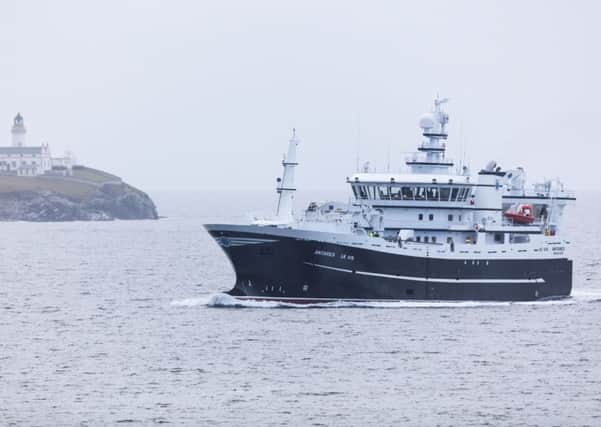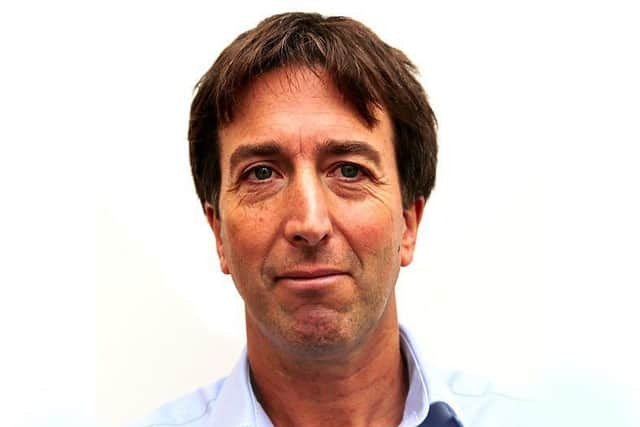So what's Patty Hearst got to to with Brexit and Scottish fishing?


At her trial, Hearst’s lawyers argued that she was suffering from “Stockholm Syndrome”, a term that was relatively new at the time. It has appeared and reappeared often enough since, and refers to the situation in which prisoners come to sympathise with their jailers. These days it has also been blended into the more general notion that some prisoners are deeply unhappy with the prospect of release, and given half the chance would prefer to be back behind bars.
Which brings us to Brexit.
For many voters, and for whole swathes of the UK economy, the EU is not a prison. Their efforts to retain bits of the system even as we leave are perfectly understandable. But they also need to recognise that for others, and fishermen above all, the EU has more of Barlinnie about it than a stroll in a summer meadow.


Advertisement
Hide AdAdvertisement
Hide AdAlthough our islands sit in the middle of some of the most productive and diverse fishing grounds to be found anywhere, our industry has been slowly squeezed out of them, leaving devastated fishing ports all around our coasts. Shetland is one of the fortunate survivors, an exception rather than the rule. Elsewhere, once-vigorous fishing communities have been left in ruins, effectively staring out from behind bars at other fishing fleets doing what they were once allowed to do.
The fishing industry is not plagued with Stockholm Syndrome, but it pops up from time to time. And there are plenty of commentators from the babbling classes for whom it is the default setting. They claim that we will have to stick with the Common Fisheries Policy (CFP), that we will have to concede permanent access to non-UK vessels fishing in our waters, or that we will be crippled by punitive tariffs if we exercise our rights under international law. All nonsense.
The Scottish industry’s “Sea of Opportunity” campaign is founded on crystal-clear legal advice, unequivocal economics and rock-hard science on where fish live and are caught. That probably accounts for the remarkable cross-party consensus around the campaign’s key themes: asserting control of access to our waters, just like any other coastal state; retaining a quota system aimed at sustainable fish catching and sustainable businesses; effective, reactive management of our fisheries outside the Common Fisheries Policy; and mutually beneficial trading relationships with the EU and other countries.
At a fundamental level, away from the fiddly detail of fisheries management, the Scottish fishing industry is looking forward not to some sort of “quota grab” or senseless plundering of our waters but to the sort of control over our natural resources that all countries outside the EU find perfectly normal. What the Stockholm Syndrome sufferers need to understand is that the present situation is not normal in the slightest. French winemakers do not stand by while grape-pickers from the rest of the EU swarm in at harvest time and make off with two-thirds of their crop, for example, and the UK does not offer common access to its oil and gas reserves in the North Sea.


Normality for our fishing communities should be something else. We have a pretty good notion of what it looks like from some of our non-EU and non-CFP neighbours, particularly Norway. Normality is for island nations surrounded by fish to have thriving seafood industries and dynamic fishing communities; it is for countries blessed with rich natural resources to manage them and benefit from them, offering a healthy balance with other industries and services.
We’ve been in such an abnormal situation for so long that the very idea of normality can evidently be hard to take. The fishing industry is taking it very seriously indeed, though. Beaten down for so long in so many places, this part of our great maritime tradition isn’t dead. It has simply been locked up for a while, and is about to be freed.
Simon Collins, Executive officer, Shetland Fishermen’s Association